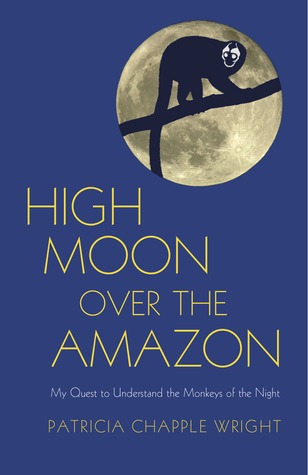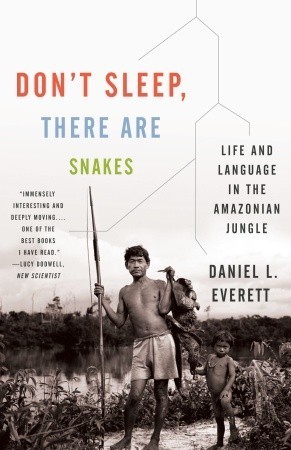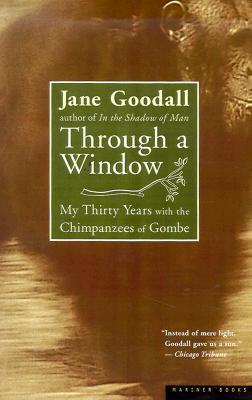
High Moon Over the Amazon: My Quest to Understand the Monkeys of the Night
Book Description
Under the glow of a mystic moon, the haunting cries of nocturnal monkeys fill the Amazon rainforest, a realm alive with secrets and wonder. Patricia Chapple Wright embarks on an exhilarating journey into this vibrant world, driven by an insatiable quest to decode the complex lives of these enigmatic creatures. With every expedition, she confronts the delicate balance between conservation and the encroaching forces of humanity, revealing the profound connections that bind us all. Can she unlock the mysteries of the night while fighting to protect their fragile habitat? Adventure and revelation await in this gripping exploration of nature's twilight.
Quick Book Summary
"High Moon Over the Amazon" chronicles primatologist Patricia Chapple Wright's remarkable pursuit to study nocturnal monkeys in the depths of the South American rainforest. Blending memoir and scientific inquiry, Wright shares how a single, fateful quest for the elusive owl monkey transforms her understanding of biodiversity and conservation. Through immersive storytelling, she details the physical and emotional challenges of field research, the thrill of new scientific discoveries, and the pressing ethical dilemmas she faces as a steward of fragile ecosystems. The narrative intertwines personal transformation, the wonders of the rainforest, and the looming threats posed by deforestation and human encroachment. Wright’s journey serves not only to illuminate the inner lives of night monkeys but also to inspire deeper connections between humans and the natural world, urging readers to recognize their role in preserving Earth's irreplaceable heritage.
Summary of Key Ideas
Table of Contents
The Pursuit of Scientific Discovery
Patricia Chapple Wright’s journey begins with an unyielding curiosity about the little-known owl monkeys of the Amazon—the only truly nocturnal monkeys in the world. Wright’s sense of wonder propels her into the dense rainforest, where she immerses herself in ceaseless observation and adapts to the rigors of field research. She faces logistical, physical, and psychological hardships, ranging from the stifling humidity and perilous terrains to long, solitary nights spent tracking her elusive subjects by moonlight. Her quest blends the methodical approach of scientific inquiry with a deep personal longing to uncover nature’s mysteries, portraying both the exhilaration and isolation of pioneering research in unfamiliar lands.
Adaptation and Life in the Amazon Rainforest
Within the Amazon’s living tapestry, Wright encounters not only the monkeys but a mosaic of interconnected species and ecological processes. Her careful studies of the owl monkeys’ nocturnal adaptations—large eyes, quiet social lives, and unique vocalizations—reveal intricate evolutionary solutions to life in darkness. These discoveries grant her insights into the rainforest’s astonishing biodiversity and the resilience of its creatures. Yet, as Wright learns to navigate the hidden social networks of both animals and local people, she is confronted by the profound ways in which environments shape, and are shaped by, all who inhabit them.
Conservation Challenges and Ethical Dilemmas
However, Wright’s awe at natural wonders is shadowed by intensifying threats: logging, mining, and agriculture push deeper into the forest, unsettling wildlife and destabilizing ancient ecosystems. The book delves into the ethical tensions at the heart of conservation, as Wright must balance her role as an observer with a growing sense of responsibility to intervene. She illuminates the complicated dance between scientific detachment and emotional investment, raising questions about the legacy and limits of research, and what it means to be a responsible witness to environmental change.
Human-Nature Relationships and Transformation
As her work unfolds, Wright’s personal narrative intertwines with the lives of the monkeys and the communities that inhabit the Amazon. Her encounters with local guides, indigenous families, and fellow researchers challenge her assumptions and expand her sense of interconnectedness. Over time, the rainforest becomes not just a subject of study but a place of transformation—a classroom, a sanctuary, and a touchstone for larger existential questions. Wright’s experiences compel her—and by extension, the reader—to recognize the kinship between human and nonhuman worlds.
The Urgency of Protecting Fragile Ecosystems
The story closes on a note of wisdom and urgency. Wright argues that understanding and preserving the secrets of the night monkeys is a microcosm for humanity’s broader role in nature’s protection. The extraordinary diversity, beauty, and fragility of the Amazon are described as both vital and imperiled; her memoir is a call to action, inviting readers to appreciate the world’s hidden wonders and to join in the fight against the relentless pressures facing Earth’s last wild places.
Download This Summary
Get a free PDF of this summary instantly — no email required.





